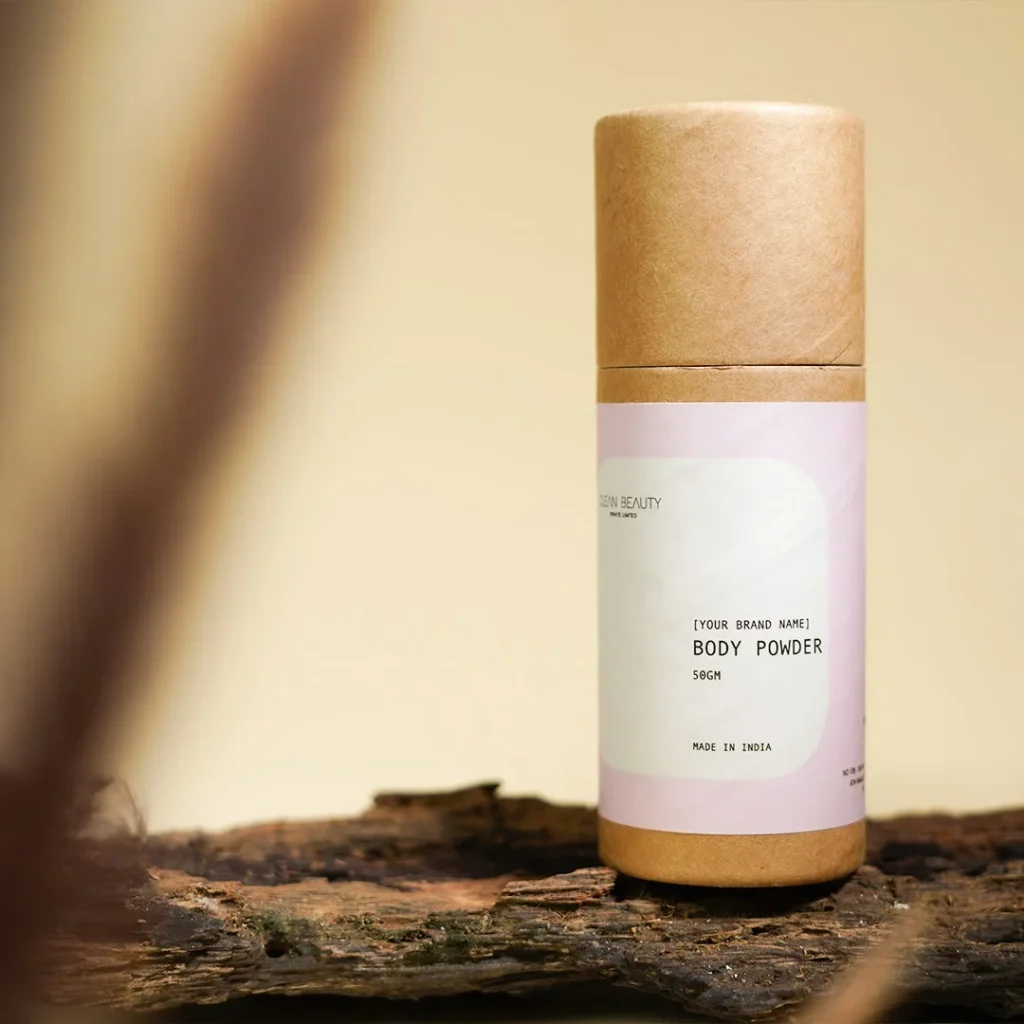Introduction: The world of skincare is evolving at a rapid pace, with new technologies, ingredients, and consumer preferences shaping the industry. As we step into 2025, the focus is on innovation, sustainability, and inclusivity in skincare. Brands are adopting cutting-edge techniques to cater to the rising demand for skincare formulation trends 2025, emphasizing clean, effective, and sustainable beauty solutions. Let’s dive into the top trends that will define the skincare landscape in the coming year.
Top Skincare Formulation Trends to Watch in 2025
Staying ahead of trends is essential for skincare brands looking to capture consumer attention. Here are the key trends shaping formulations in 2025:
Multi-Functional Products
Consumers are seeking products that save time and deliver multiple benefits. From moisturizers with SPF to serums combining antioxidants and peptides, multifunctional products are the future.
Personalization
With advancements in AI and data analysis, brands are creating bespoke products tailored to individual skin concerns. Personalization is no longer a luxury but a standard expectation.
Skin Microbiome Focus
Maintaining a healthy skin microbiome is a priority. Products with prebiotics, probiotics, and postbiotics are becoming mainstream to support skin’s natural barrier.
Inclusivity in Skincare
2025 is all about diversity, with formulations designed to cater to all skin types, tones, and concerns. Brands are ensuring their products meet the needs of a global audience.
Innovative Ingredients Shaping Skincare in 2025
Ingredients are the backbone of any skincare product, and 2025 is seeing some exciting developments:
- Biotech-Derived Actives: Advances in biotechnology are introducing lab-grown ingredients like collagen and hyaluronic acid, offering sustainable and potent alternatives to traditional sourcing.
- Peptides and Growth Factors: These power-packed ingredients are at the forefront of anti-aging formulations, promoting skin renewal and firmness.
- Adaptogens: Herbal ingredients like ashwagandha, ginseng, and reishi mushrooms are gaining traction for their ability to combat stress-induced skin concerns.
- Skin Barrier Enhancers: Ingredients like ceramides, fatty acids, and niacinamide are staples in formulations designed to repair and protect the skin barrier.
Sustainable Skincare Trends in Formulations
With the increasing emphasis on environmental responsibility, sustainable skincare trends are reshaping the industry:
- Waterless Formulations: Products like solid cleansers, balms, and concentrated serums reduce water usage, making them eco-friendly and travel-friendly.
- Upcycled Ingredients: By repurposing by-products from the food and agriculture industries, brands are minimizing waste and creating unique formulations.
- Refillable Packaging: Sustainability goes beyond ingredients; refillable and recyclable packaging is becoming a key part of skincare branding.
- Minimalist Formulations: Consumers are embracing products with fewer, high-quality ingredients, aligning with the clean beauty movement.
The Role of Technology in Skincare Formulations
Technological advancements are revolutionizing how skincare products are developed and marketed:
- AI-Powered Diagnostics: AI tools analyze individual skin needs, enabling brands to offer hyper-personalized product recommendations.
- Smart Packaging: Innovative packaging solutions include QR codes providing product details, sustainability credentials, and usage tips.
- Nanotechnology: Nano-encapsulation enhances the delivery of active ingredients, ensuring deeper penetration and increased efficacy.
- Virtual Try-Ons: AR and VR technologies allow consumers to visualize how products will work on their skin before purchasing.
How Natural and Plant-Based Ingredients Gaining Popularity
The shift toward nature-inspired formulations is stronger than ever, with a focus on plant-based and ethically sourced ingredients:
- Botanical Extracts: Ingredients like aloe vera, chamomile, and green tea continue to be favorites for their soothing and antioxidant properties.
- Fermented Ingredients: Fermentation enhances the bioavailability of ingredients, making them more effective and skin-friendly.
- Vegan Formulations: With rising demand for cruelty-free and vegan products, brands are eliminating animal-derived ingredients like beeswax and lanolin.
- Ethical Sourcing: Consumers are scrutinizing supply chains, favoring brands that ensure fair trade and sustainable harvesting practices.
Clean Beauty’s Impact on Formulation Trends
The clean beauty formulations movement continues to influence product development, prioritizing safety and transparency:
- Free-From Labels: Consumers are looking for products free from parabens, sulfates, and synthetic fragrances.
- Transparency in Ingredients: Brands are simplifying ingredient lists and educating consumers about the benefits and origins of each component.
- Safety Over Sensationalism: Clean beauty emphasizes science-backed formulations over unverified claims, building trust with informed customers.
- Ethical Testing: Cruelty-free testing methods and certifications are a must for clean beauty brands aiming to resonate with conscious consumers.
Conclusion: As we step into 2025, the skincare industry is embracing innovation, sustainability, and inclusivity like never before. From skincare formulation trends 2025 to cutting-edge skincare ingredients 2025, brands are redefining beauty standards to meet the needs of a diverse and environmentally conscious audience. By prioritizing clean beauty, advanced technologies, and sustainable practices, the future of skincare promises to be both exciting and transformative. For consumers, this means access to products that are not only effective but also aligned with their values.
FAQs
1. What are the top skincare formulation trends for 2025?
The top trends include multifunctional products, personalized skincare, a focus on the skin microbiome, and inclusive formulations designed for diverse skin types.
2. What are the most popular ingredients in skincare formulations for 2025?
Popular ingredients include biotech-derived actives, peptides, adaptogens, and skin barrier enhancers like ceramides and niacinamide.
3. How are skincare brands incorporating sustainability into their formulations?
Brands are adopting sustainable practices like using upcycled ingredients, creating waterless formulations, and offering refillable packaging to reduce their environmental footprint.
4. Will skincare formulations become more multifunctional in 2025?
Yes, consumers are increasingly seeking products that address multiple concerns simultaneously, such as serums that hydrate, brighten, and protect against environmental damage.
5.How are skincare formulations becoming more inclusive in 2025?
Brands are designing products for all skin tones, types, and concerns, ensuring that everyone can find solutions tailored to their unique needs.
Related Blogs


